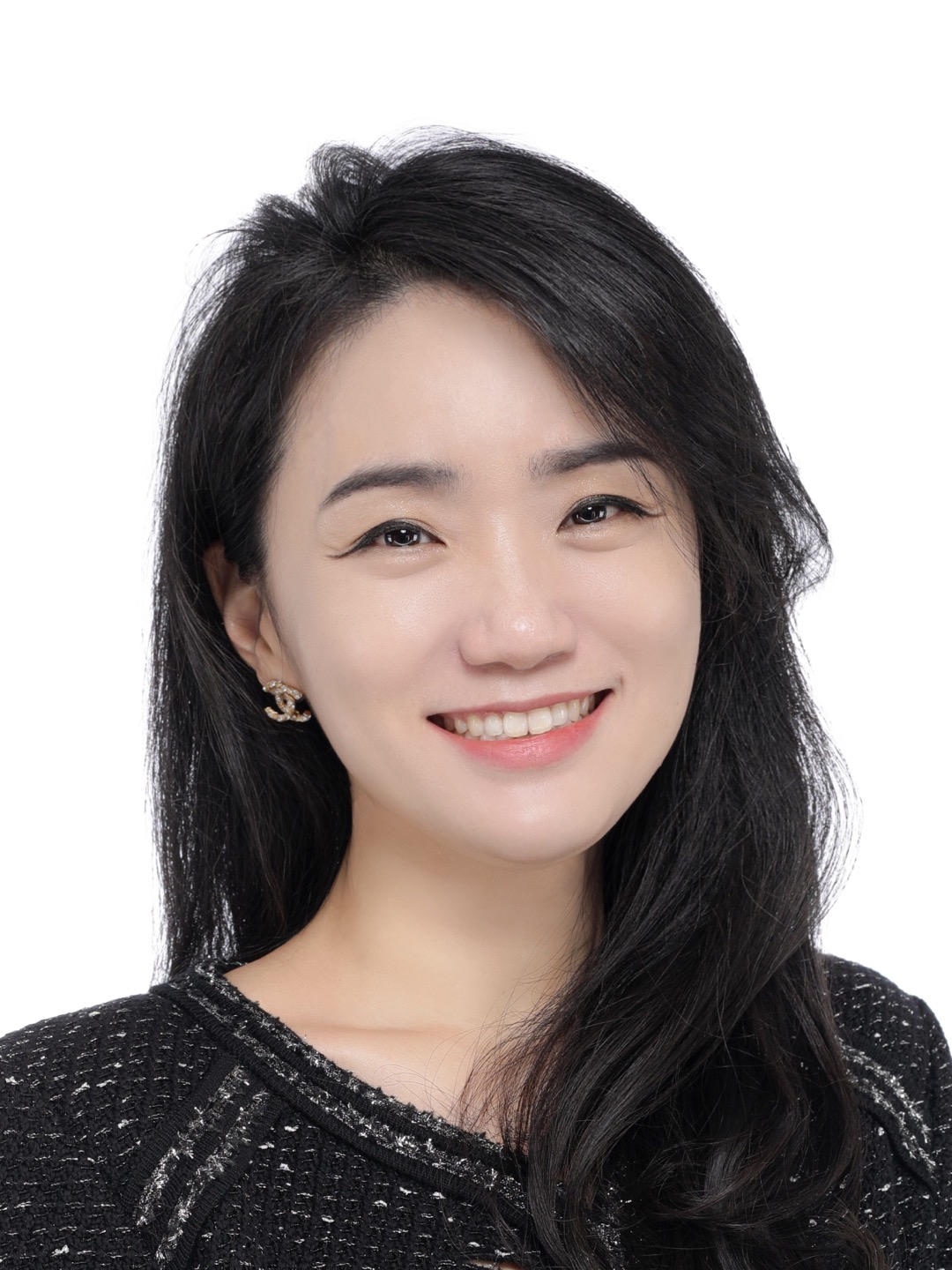College of Future Convergence
College of Future Convergence
College of Future Convergence provides adult learner–friendly education to advance human happiness in an era in which 100-year lifespans will be possible.
Department of Convergence Security
Educational objectives
The Department of Convergence Security aims to foster experts in the rapidly changing fields of information and communication forensics and develop key leadership talents in the field of security science through practical links between various disciplines such as information protection, cyber forensics, criminology, and law. After admission, students will learn basic principles and core theories related to information protection, cyber forensics, law, and ethics as the academic basis of security science, as well as in-depth processes such as security system analysis, design, and evaluation. Along with practical training that can be used in the field, students will receive theoretical instruction in cyber forensics technology and law to teach them practical competencies applicable after graduation.
Recent Trends and Prospects of the Discipline
The global information protection industry’s market size was valued at $66.8 billion in 2013, and it was expected to reach a value of $93.2 billion in 2017, for an annual growth rate of 8.5%. At an estimated 18.9%, the average annual growth rate of the domestic information protection market exceeds the global average. Korea represents 2.4% of the important and rapidly growing global market. The industrial market for convergence security, a concept that encompasses information security and physical security, was expected to reach a value of approximately 14.8 trillion won in Korea in 2017.
Career Prospects after Graduation
Developments in the IT field and the increased social demand for forensic investigations driven by cyber and information crimes have heightened concern around issues of personal privacy. Therefore, students can find work in information security departments, accounting firms, and in the fields of securities and insurance with major institutions. They may also find employment as police officers and corrections officers.
Department of Social Welfare Counseling
Educational objectives
The Department of Social Welfare Counseling aims to cultivate social welfare practitioners who are versed in crisis management through multidimensional analysis of phenomena caused by social crises. Furthermore, it seeks to foster experts in social welfare to advance universal welfare. In the era of devolution, it also aims to produce social service personnel by enhancing individual and group counseling skills.
Recent Trends and Prospects of the Discipline
The social welfare and counseling sectors are seeing rapidly increasing demand due to the accumulation of social problems such as aging, low birth rates, decoupling, generational conflict, and deepening social alienation. The concept and implementation process of social welfare and counseling also require systematic knowledge and applied skills from various disciplines, and a diverse body of professionals is urgently needed to provide customized welfare and life-cycle counseling as well as institutional welfare support.
Career Prospects after Graduation
The complex nature of modern society and the rapid increase in mental/social pathology have led to heightened demand for professional manpower in the field of social welfare counseling. Social welfare–track students can find work in government-funded insurance corporations (National Pension Service, Health Insurance Corporation, Labor Welfare Corporation, and Welfare Corporation for the Disabled), social welfare consultation institutions, social welfare facilities, and medical facilities.
Professors
교수소개
| Name |
Picture |
Degree |
Institution where Terminal Degree Was Received |
Major |
| Sang-Mi Choi |
 |
Ph.D. in Social Welfare |
Yonsei University |
Department of Social Welfare |
| Hae-Nim Lee |
 |
Ph. D. in Social Welfare |
Boston College |
Department of Social Welfare |
Department of Global Trade
Educational Objectives and Ideal Candidate
The purpose of education is to cultivate global management and professionals in the field of trade with a clear analytical view of the international economy and international management and decision-making capabilities in a rapidly changing global economic environment.
- Cultivating a global talent base who develop and manage themselves based on their understanding and analysis of the global economic environment
- Improving creative performance by acquiring expertise related to international trade and international management
- Development of practical convergent thinking skills that can combine theoretical knowledge and field-applicable skills
Recent Trends and Prospects in the Discipline
With rapid economic globalization, demand for global trade–related professionals is increasing significantly, notably in the traditional product trade sector and in the fields of international investment and local expansion. Furthermore, there is increased demand for services such as finance, distribution, and telecommunications. The scope of global trade studies is also expanding significantly due to the increase in e-commerce and Internet trade, all of which are based on rapid advances in information technology.
Career Prospects after Graduation
Compared to other disciplines, students in the Department of Global Trade have a great variety of possible career paths after graduation. They have employment opportunities as global trade experts, global financial experts, professional managers of multinational companies, university professors, researchers, and customs officials. They have many professional opportunities in a rapidly changing global economic environment. They may also enter the civil service through exams. They have employment opportunities with domestic and foreign companies.
Experts on Global Trade and Overseas Countries
- Responsible for trade policy and trade regulations of private enterprises and the government
- Responsible for information on overseas markets, politics, the economy, and business practices
International Business and Trade-related Professionals
- Cyber trading officer of a trading company
- International manager of a company
- Manager for international finance and foreign exchange dealers in securities and finance
- Trade-related professions such as customs agents and international trade agents
Professors
Professors
| Name |
Picture |
Degree |
Institution where Terminal Degree Was Received |
Major |
| Do-Hyung Lee |
 |
Ph.D. in Business Administration |
University of Portsmouth, UK |
International Strategic Management |
| Eun-Young Nam |
 |
Ph.D. in Public Finance and Management |
Renmin University of China |
Management |

